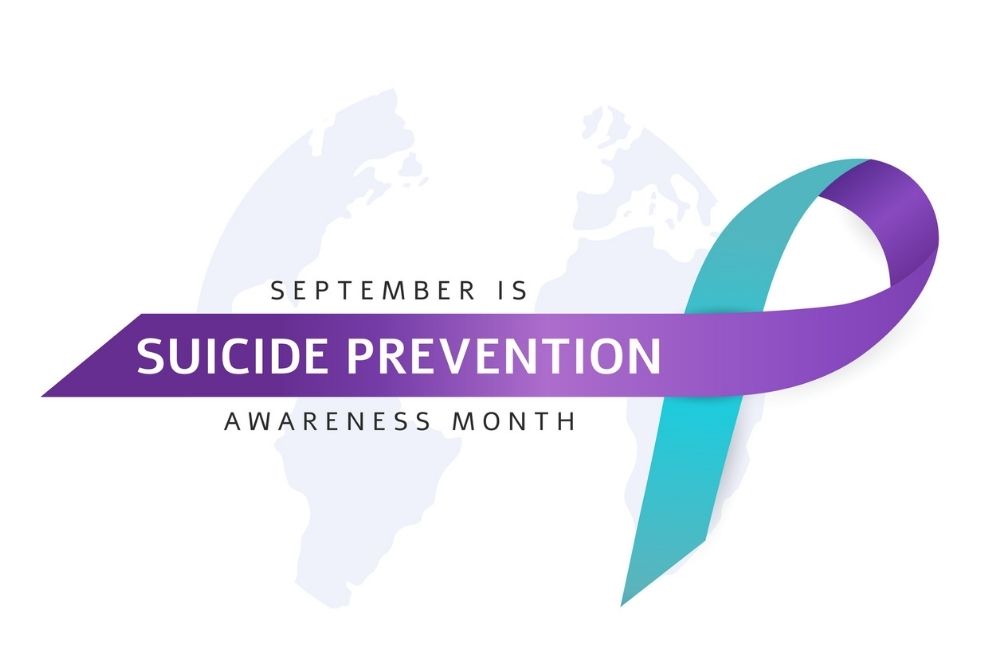Substance use disorder (SUD) and alcohol use disorder (AUD) are complex conditions with many contributing factors. One of the most noteworthy—and often overlooked—elements is trauma. Research and lived experience continue to affirm the strong connection between unresolved trauma and the development of AUD and SUD. Understanding this link is crucial for building compassionate, effective treatment strategies.
What Is Trauma?
According to the Trauma-Informed Care Implementation Resource Center (TICIRC), “Trauma is a pervasive problem. It results from exposure to an incident or series of events that are emotionally disturbing or life-threatening with lasting adverse effects on the individual’s functioning and mental, physical, social, emotional, and/or spiritual well-being.”
Traumatic experiences children and adults might suffer include, but aren’t limited to:
- Abrupt, unexplained separation from or loss of a loved one
- Bullying, discrimination, oppression, and racism
- Childhood neglect
- Emotional, physical, and sexual abuse
- Homelessness or poverty
- Living with a family member with mental health disorders, SUD, AUD, or who’s attempted or died by suicide
- Systemic generational challenges
- Violence in the community, terrorism, or war
- Other events resulting in post-traumatic stress disorder (PTSD)
TICIRC states that anyone of any age, financial status, or cultural background can suffer trauma. However, adults who had four or more adverse childhood experiences (ACEs) like the ones described above are:
- “7 times more likely to consider themselves alcoholics.”
- “10 times more likely to have injected street drugs.”
- “12 times as likely to have attempted suicide.”
How Trauma Fuels Addiction
People who have experienced trauma often live with unresolved emotional pain. They may struggle with mental health issues such as anxiety, depression, guilt, shame, or a pervasive sense of emptiness. Substances such as alcohol, opioids, or stimulants temporarily dull these feelings. In this way, substance use becomes a form of self-medication—a way to escape or numb what feels unbearable.
But the relief is short-lived. Over time, substances rewire the brain’s reward system and create dependence. As tolerance builds, individuals need to use more to achieve the same effect, deepening the cycle of addiction. Eventually, what once seemed like a solution becomes another source of suffering.
This cycle is especially common among those with unhealed trauma. According to several studies, a significant percentage of people with substance use disorders have experienced some form of trauma. For example, research from the National Child Traumatic Stress Network indicates that “ In surveys of adolescents receiving treatment for substance abuse, more than 70% of patients had a history of trauma exposure.”
However, we all experience trauma differently, and it’s not something that automatically goes away just because we want it to. There’s value to addressing this conflict directly with qualified professionals who won’t leave you alone on your journey toward a healthier wellbeing.
Treating Trauma and Addiction Together
Because SUDs and AUDs are so closely related to PTSD, ACEs, and other hurtful ordeals, it’s vital to diagnose and treat all conditions. A person in recovery may remain vulnerable to relapse if the root causes of their substance use are left unaddressed.
This is why trauma-informed care is essential. Individuals aren’t just asked “What’s wrong with you?” but “What happened to you?” A comprehensive, multi-faceted, and integrated treatment approach recognizes the widespread impact of trauma and seeks to create an environment of safety, trust, and empowerment.
TICIRC outlines some effective methods that should be part of an individualized care plan:
- “Protective factors, such as supportive relationships with family members, a teacher, or others in the community, can help shield individuals from the effects of trauma and build resilience to help overcome adversity and confront challenges.”
- “Trauma-informed approaches to care, including relational healing and trauma-specific treatments, can help patients begin processing their experiences in a healthy way.”
Effective trauma-informed addiction treatment might also include:
- Individual analysis. This might feature methods such as cognitive behavioral therapy, acceptance and commitment therapy, and dialectical behavioral therapy.
- Mindfulness and stress-reduction techniques. These help many people stay grounded and regain a sense of control.
- Group support. Whether through a special trauma-informed gathering or another support program, fostering more connection reduces the isolation many survivors feel.
Discover Trauma-Informed Treatment at Northern Path
Addiction isn’t a moral failure or a lack of willpower—it’s often the visible symptom of much deeper pain. Knowing the role trauma has played in your life or that of a loved one helps make sense of past behavior. It also opens the door to deeper healing—not just from SUD or AUD, but from the wounds that may have caused it.
The most important factor in trauma and addiction recovery is customized treatment tailored to specific emotional and medical needs. At Northern Path Recovery Center in Fort Wayne, IN, our board-certified professionals offer whole-person care within a structure of evidence-based practices, holistic well-being techniques, and 24/7 support in a nurturing environment. If you’re ready for this type of health management, reach out to our admissions team.






